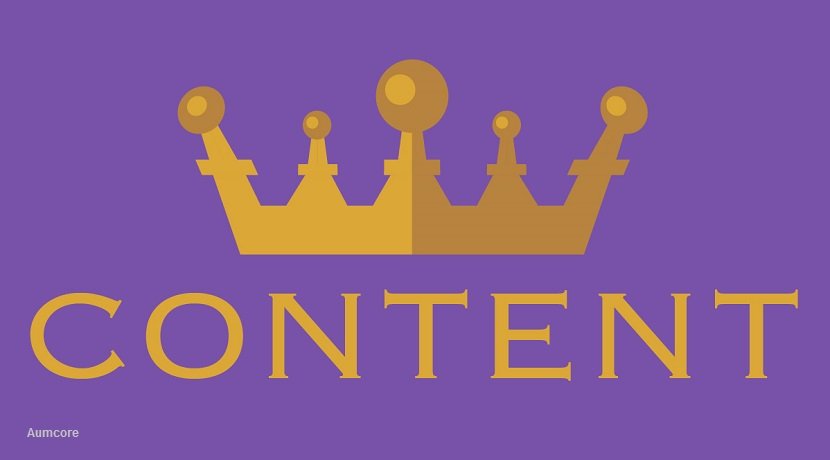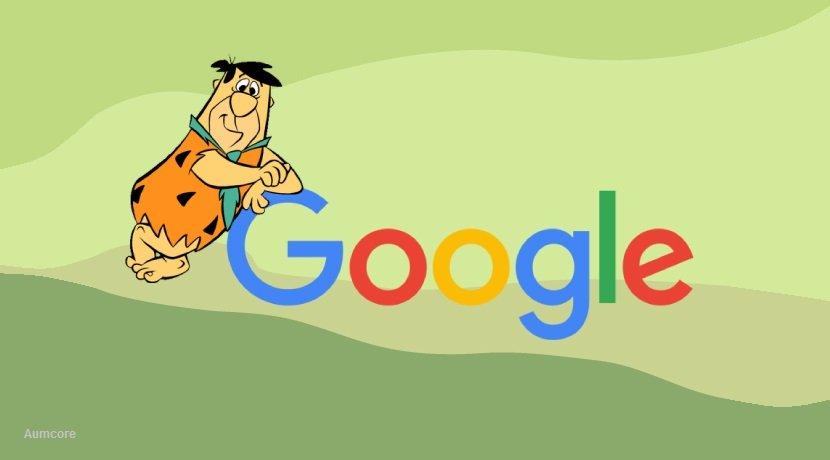If you have real estate in the online world, you know how important search rankings are. You also know how much a drop in ranking hurts. You’ve spent so much time and effort getting your site up there — not to mention money if you employed a digital marketing agency with SEO services — only to see it drop out of existence. The thing is, no matter what industry you’re in, you will have competitors, you will have to compete for top placement, and you will face people who want those spots as much, maybe even more than you.
The worst part comes when the change was unexpected and out of the blue. Unfortunately, market trends are always changing and so are Google’s algorithms that determine how you rank. You may be perfectly fine one day, the next Google rolls out an update, and then you drop.
To get a better idea on what to do if your rankings drop, let’s take a look at what Google’s looking at.
The Many Ranking Factors in the Online World
Google has A LOT of ranking factors. Seriously though, a lot — as in hundreds. And as with most things in life, they’re not all equal. For example, here are some of the most important things Google looks at when considering where to rank your site:
Backlinks Are Key
Backlinks, links from other sites that point to your own, may the strongest ranking factor that Google looks at because they tell them if your site is authoritative and trustworthy. Look at it this way, if a lot of high-quality sites are linking to yours then it’s a high-quality site as well. Google takes all of this into consideration and calculates a ‘link score’ for incoming links and, if the links are spammy, they’ll end up hurting you.
Content Is King

We all know that content is king, but keep in mind that not all content is king. You want quality content that your users will actually benefit from, not thin content that’s mainly there to benefit the site owner. For example, use keywords (don’t use too many, this is keyword stuffing and will hurt you) throughout and make sure that your content is good enough to link to.
SEO Is Technical
A lot goes into SEO and you should optimize for everything. This includes page speed — your page should load in two seconds or less (slow speed = high bounce rates and low conversions), mobile-friendliness — we live in a mobile-first world and your site should be just as accessible for mobile users than their desktop counterparts, and more.
Learn More: Top 5 SEO Myths
User Experience Is Very Important
Google places a lot of value on the end user, so always make sure to create the very best experience for them. To ‘measure’ this, Google looks at things such as bounce rates and click-through rates (CTR), which determine how your users are engaging with your site.
Google and Their Ever-Changing Updates and Algorithms
We briefly touched on Google’s changing algorithms, and here’s where we get specific. Google keeps a close eye on trends and is always thinking of what they can do to improve the end user’s experience. It just so happens that sometimes this includes an algorithmic change that leaves marketers in a tizzy.

For example, they rolled out the Fred update earlier this year, which focused on content quality and was specifically aimed at the black hat SEO community. It targeted low-quality content sites that benefit site owners more than their users, and are characterized by keyword stuffing and spammy ads. That’s not to say that only spammy sites will be affected by Google’s updates, they affect anyone who’s doing something Google doesn’t like. Even if you’re doing everything by the book, they may decide to tweak something here, something there, and BAM, your rankings drop.
Your Search Ranking Dropped, Here’s what to Do
Before you start freaking out and pull out all the stops to recover your rankings, did they actually drop?
Yes? Okay, the first thing you should do is conduct a Google search for any new update or algorithm change. Google has two types of penalties that might’ve caused your drop, so pay close attention here.
Algorithmic penalties are those incurred by any new algorithm update, something was okay before but isn’t anymore.
Manual penalties, on the other hand, are related to any changes YOU made to the page/site. These could be due to rebranding, relaunching the site, adding/removing pages, HTTPS migrations, etc.
And Now, Here’s what to Do
If the drop was caused by an algorithmic change, Google will (ironically) be your best friend. Do a Google search and use sources like Moz and Search Engine Land to find what changed and what you can do. If it was due to something on your part, here’s what you should do:
- Analyze past work on your website: Did you recently migrate your site from HTTP to HTTPS? Did you rebrand your site with a relaunch that included new pages? If so, regularly crawl your site and highlight any changes that might lead to a drop in rankings. Any changes usually lead to a drop, but rest assured knowing that these drops are temporary.
- Look at Google Webmasters for a penalty report: When you notice a drop, look for a Manual Actions Report that tells you of “instances where a human reviewer has determined that pages on your site are not compliant with Google’s webmaster quality guidelines.”
- Look for link changes: New links may be suspect — especially if there are a lot if incoming links at once — and lost links take link juice away from your site. If you lose links due to a relaunch, make sure to use 301 redirects to keep their benefit. If they’re third-party links, get in touch with the site owner and kindly ask them to link you again.
- Go over your content: Google wants what’s best for your users, so make sure that your content isn’t spammy or thin. It should be engaging and not dominated by ads.
Learn More: Actionable Tips To Improve Your Blog Google Search Ranking
Final Thoughts
Ranking drops can come from anything. They can be due to spammy behavior or a simple mistake that leads to a broken link. Always be on your guard for any changes to Google’s algorithms and always follow Google’s Webmasters Guidelines for a general overview on appropriate behavior. For example, make pages primarily for users, not yourself or search engines, and avoid tricks intended to increase your rankings.
Best of luck recovering!




WOW! This is a lot to digest, but very helpful. I will review google webmasters guidelines now. I switched to https and lost my pinterest numbers on my site so people know I get a lot of pins. Don’t know what to do about that.
Im so glad I came across this post! I’m still new to blogging and learning all about it. This post it’s great. I’m still growing though but good to know what to do
You have some really useful information on this post. I learnt a lot.
Thanks!
This is a very nice article.
Thank you so much for this.
This is a very nice article.
Thank you so much for this.
Glad you shared this information….Keep Sharing!!!
thanks bro i will try this on my blog because after jio free data policy i notice many user prefer youtube rather than blog
Nice Article